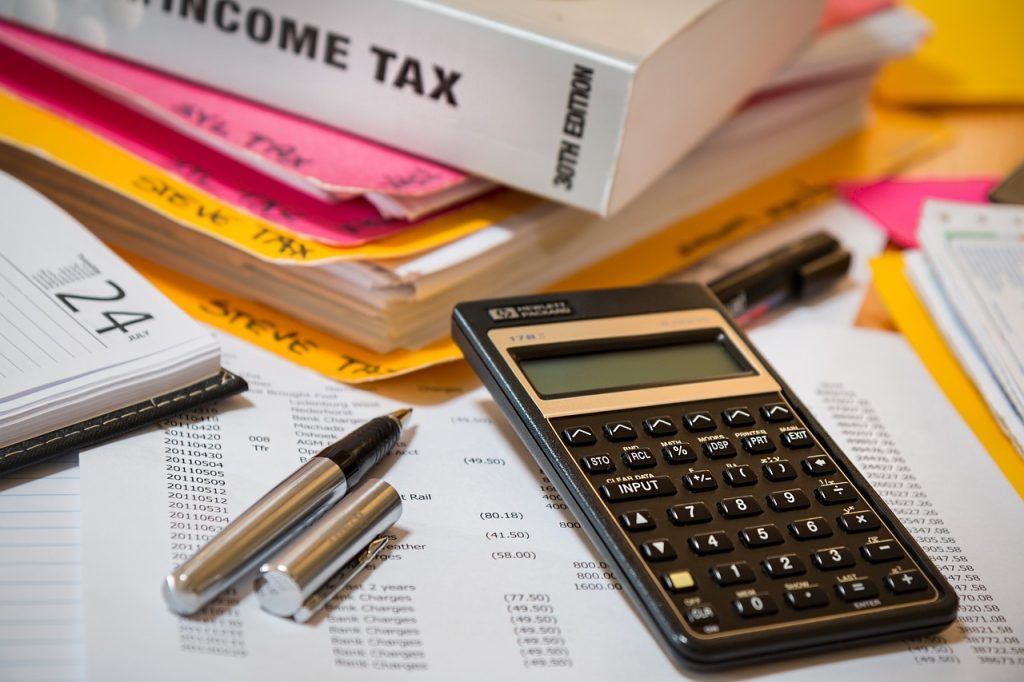
The government has been working on tackling so-called “false self-employment” for a long time. A false self-employed person is an employee who is formally self-employed and works on the basis of an assignment agreement, but in fact hardly differs from an employee who works on the basis of an employment contract. Enforcement of the rules regarding false self-employment was suspended for a long time. There was a lot of uncertainty about the qualification of a false self-employed person. This is now changing. The government has announced that enforcement will be resumed and that it is working on tightening the rules.
Full enforcement
From 1 January 2025, the Tax Authorities will again enforce the rules false self-employment. Employers who hire people as self-employed workers, who should in fact be regarded as employees, may be subject to fines and additional taxes.
A transition period of one year applies. During that year, employers and workers will not be fined if they are able to demonstrate that they are taking steps to tackle false self-employment. By lifting the enforcement moratorium, the government hopes to combat false constructions and create more security in the labor market. The Tax Authorities offer information sessions, webinars and company discussions to prepare clients and self-employed workers as much as possible for the changes.
New rules
To prevent false self-employment, the government also wants to tighten the rules to clarify the employment relationship between the employer and a worker. The government wants to clarify the grey area between employees and the self-employed. The proposal that is being prepared will make it clearer to clients and contractors when they work as a self-employed person or as an employee. However, it is expected that the new rules will not enter into force before 1 January 2026. So we will have to be patient for a while.
Self-employment deduction reduced
Working as a self-employed person will also be made less attractive. The self-employed tax deduction is reduced from € 5,030 to € 3,750 in 2024. In the coming years, the self-employed deduction will be further reduced to €900. With this, the government wants to reduce tax benefits for entrepreneurs and reduce the difference with salaried employees. The government is hoping to prevent employees from choosing the uncertain existence of entrepreneurship solely because of the tax benefits. The profit exemption for small and medium sized businesses is also decreasing. This will cause companies to pay tax on a larger parts of their profits.
Need advice?
Do you have any questions about this subject, or would you like to know what these changes will mean for you? We are happy to help you, both in Dutch and English.
You can contact us via our online contact form or directly by telephone (tel. 020 – 68 98 123), we will be happy to discuss with you how we can be of service to you.